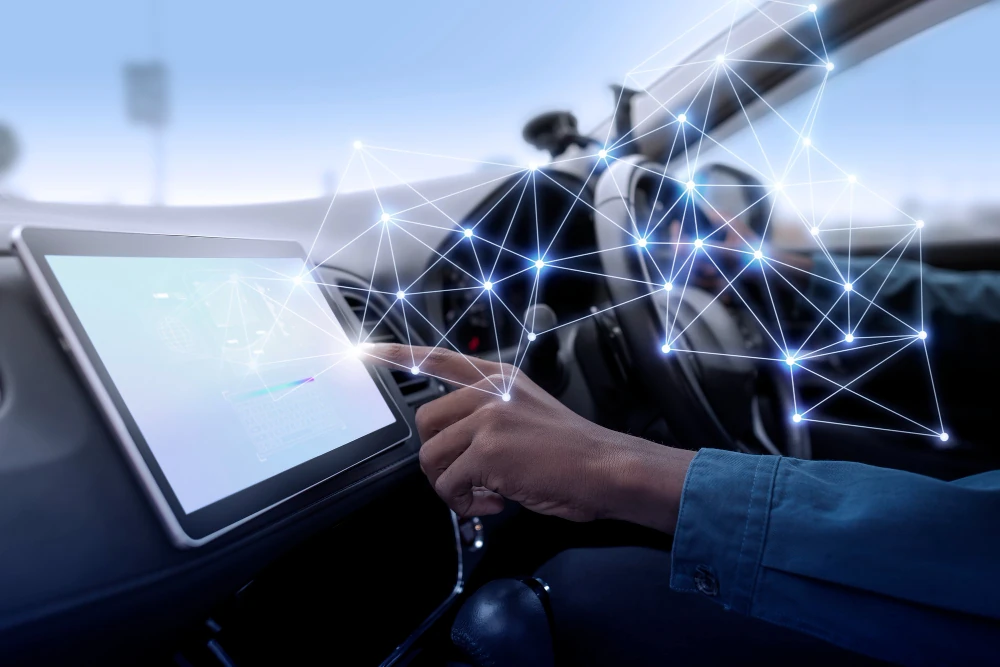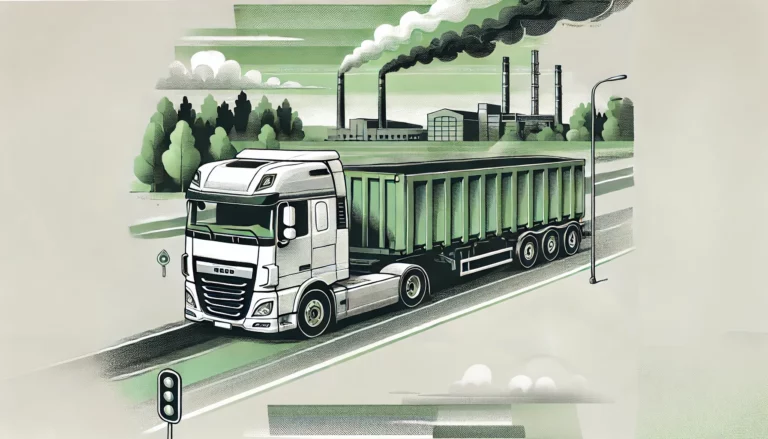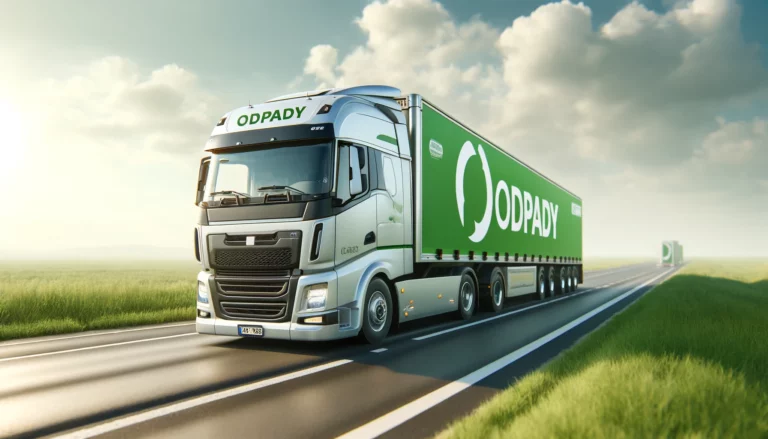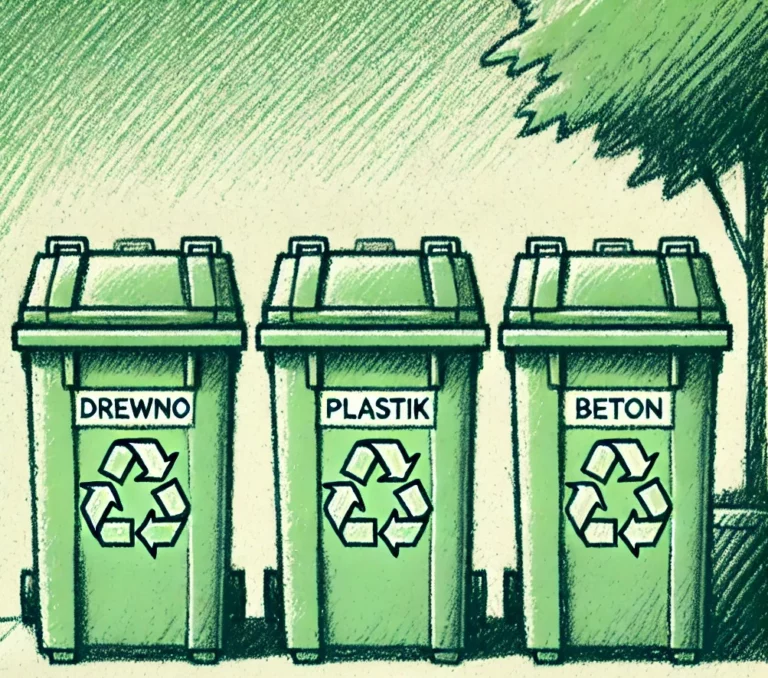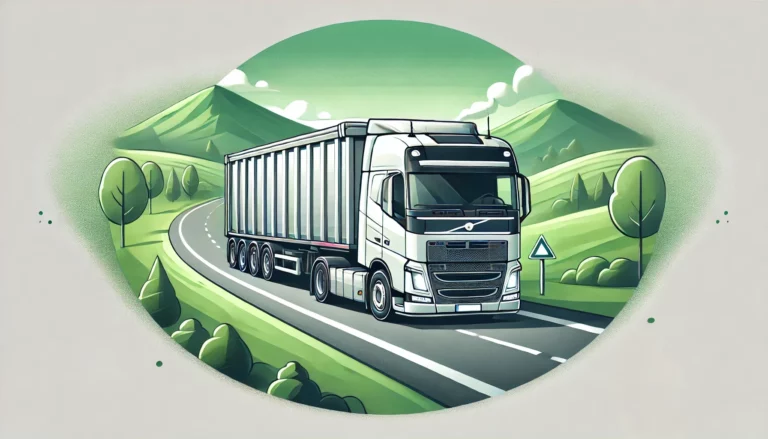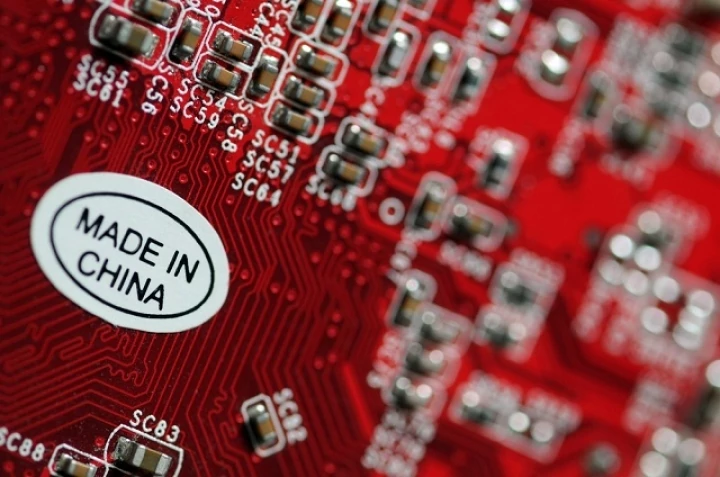SENT and similar solutions in other countries
The transport of so-called sensitive goods such as fuels, tobacco products and oils requires strict control and supervision. All this is done in order to curb the abuse of these products. This is because they often become the subject of smuggling and illegal transport. To curb this practice, the SENT system was established in 2017. However, Poland is not the only country with such a transport monitoring system. What does it look like in Germany and England?
What is the SENT system?
What does SENT mean?
The SENT (System for Electronic Surveillance of Transport) system is a Polish platform for monitoring the transport of sensitive goods such as fuel, alcohol or tobacco products. It is part of a broader mechanism to control the movement of these goods in order to reduce tax fraud, such as VAT or excise duty evasion.
SENT operates on the basis of the provisions of Law on the monitoring system for road and rail transport of goods, implemented in Poland in 2017. The system allows real-time tracking of goods transport, both within Poland and for cross-border transport (transit). Transport information must be reported to the system at each stage of the journey. This allows for ongoing control and reduces the possibility of illegal practices.
Contact for SENT registration:
e.nadolna@ekologistyka24.pl , +48 881 045 376
j.blazewicz@ekologistyka24.pl , +48 500 867 153
System SENT - alternatives in other countries
United Kingdom
The UK has a system of Excise Movement and Control System (EMCS). It was introduced in stages from 1 April 2010. It replaced a paper-based declaration system used since 1993. It too monitors the movement of excise goods, but its operation is mainly based on the control of movements within the European Union and the UK. It also places great emphasis on close cooperation with national customs services.
This system monitored the movement of excisable goods, both within the UK and between EU countries until Brexit. After the UK's exit from the EU, it was adapted to the new commercial realities, but its main function remained unchanged.
Unlike SENT, which covers a wide range of sensitive goods, EMCS focuses only on excisable goods such as alcohol, tobacco products and fuels. The system works mainly on a tax suspension basis. This means that goods can be moved between tax warehouses without paying taxes at each stage, subject to close monitoring by the system.
EMCS is more automated than the Polish SENT. It is managed by Her Majesty's Revenue and Customs (Her Majesty's Revenue and Customs). Transport declarations are verified by a system that automatically generates confirmations, and the process of registering transports is integrated into the general tax system.
Germany
Germany, on the other hand, has the Zoll-IT-System, of which ATLAS (Automatisiertes Tarif- und Lokales Abwicklungssystem) is one of the most important components. It, too, monitors the transport of excisable goods, but is more integrated with the customs and tax system. It also places a strong emphasis on international control. Its launch was the result of the integration of EU regulations with national legislation on tobacco products, alcohol trade or the Energy Act. Customs administration regulations also played a major role.
It is worth noting that ATLAS is more extensive than the SENT system. It covers not only the supervision of domestic traffic, but also extensive control of international traffic within and outside the European Union. The German customs system is one of the most modern in Europe. It provides full automation of many processes, including the monitoring of excise goods. It is also closely integrated with European customs systems. This facilitates the exchange of information between EU member states.
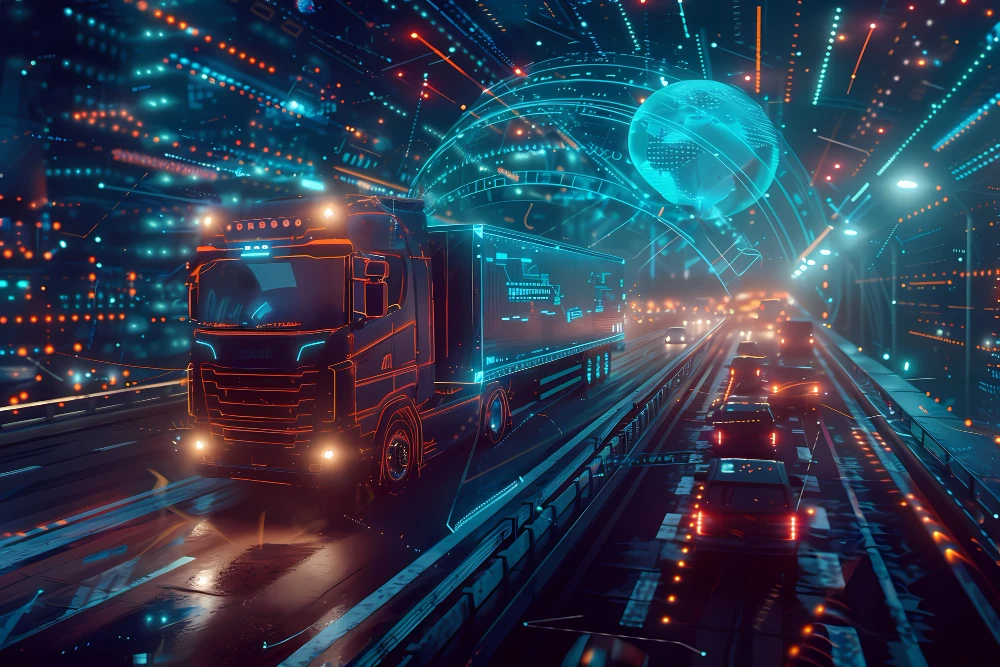
When is SENT required?
The SENT system is mandatory when transporting sensitive goods in both domestic and international transport. Provided that the transport takes place through the territory of Poland (in transit, and in some cases also in export). Goods subject to the obligation to declare to SENT are mainly fuels, heating oils, ethyl alcohol, dried tobacco and selected chemicals and waste. Any transport of such goods, regardless of the destination, must be declared before the start of the transport.
Compared to SENT, the EMCS in the UK has a slightly narrower scope of application. Transport declarations are required when excisable goods are moved between traders under duty suspension, i.e. between excise warehouses, for example, or when they are exported or imported.
In Germany, on the other hand, ATLAS covers the carriage of sensitive goods subject to excise duty and a wide range of goods that need to be declared to customs. The German system places particular emphasis on the control of international shipments, especially within the European Union. ATLAS requires a declaration for each consignment of excisable goods, regardless of whether they are transported within Germany or only across the country's borders.
How do I register for SENT?
Registration in the Polish SENT system takes place via the PUESC platform (Platform for Electronic Fiscal and Customs Services). Traders who transport, receive or dispatch sensitive goods must first Create an account on the PUESC. To do so, you must have an electronic signature or a trusted profile, which is necessary to authenticate the notifier in the system. In the event of any problems you can also have our company register. We will deal with this comprehensively and expressly.
Once registered, each transport must be reported separately before it is undertaken. This allows the transport to be tracked by the relevant tax and customs authorities. Every stage of the transport, including route changes or delays, must be reported immediately to the SENT system.
In the UK, in order to use the EMCS, traders must first register with HMRC. The registration process involves not only setting up an account, but also obtaining the relevant permits, such as a tax warehouse, which allows excise goods to be stored without payment of excise duty. Transport declarations in EMCS are submitted online and HMRC automatically monitors and approves the transport of goods.
In Germany, the ATLAS registration process is more complex, but also fully automated. Traders must obtain special customs permits if they transport goods subject to excise duty. ATLAS registration enables full integration with customs processes and traders can benefit from a wide range of services that include not only declaring shipments, but also other customs operations.
Who closes the SENT declaration?
Closure of the SENT declaration is carried out by the consignee of the goods once they have arrived at their destination. This process is necessary to confirm that the carriage has ended correctly and that the goods have arrived at their destination. The consignee must confirm in the system that the consignment has arrived, at which point the declaration can be closed. If this obligation is not fulfilled, the carrier or consignee may be fined. In the case of transit, it is the carrier's responsibility to close the declaration. He must also remember the compulsory inspection before leaving the Polish borders.
In the EMCS system in the UK, the process of closing the declaration looks similar. The consignee of the goods must confirm receipt and the system automatically generates a confirmation of the completion of the transport. In addition, the system can independently monitor whether the transport has taken place in accordance with the regulations, minimising the risk of breaches.
In Germany, the closing of the declaration in ATLAS takes place automatically. Once the goods have been delivered, both the carrier and the consignee must confirm the completion of the transport in the system. ATLAS automatically verifies that all declarations have been submitted correctly and that the goods have arrived at their destination.
***
What the systems mentioned in the article have in common is that they all serve to monitor the transport of sensitive goods such as fuel, alcohol and tobacco products. All to prevent tax fraud and ensure compliance. With these platforms, it is possible to track transport in real time. This increases transparency and control over the movement of excise goods.
Although they differ in their level of automation and scope of operation, each of these systems plays a key role in ensuring the security and integrity of trade in sensitive goods in Europe. Cooperation and information sharing between these systems also facilitates international control.

